Swimming is one of the best ways to stay fit. Swimming not only promotes health, the cardiovascular system, and burns excess calories, it also is a survival skill. People of all ages enjoy swimming. We have courses available for both adults and children. Let’s take a look at what the best age is to start swimming. Even if you are older and have not yet learned how to swim, now is still a good time to learn.
What is the best age to start swimming?
Studies have shown that the best age to start swimming is between the ages of 1 and 4. Infants can also take some sort of guided swimming lesson to become acclimated to the water. By the time they are four, children can learn how to survive in water, with basic skills such as floating and treading water. By their fifth or sixth birthday, most children will be able to master a front crawl and enter and exit the water on their own.
Several years ago, the American Red Cross launched a study to determine how many people actually had basic swimming skills and survival skills in water. Around 50% of people worldwide lack basic swimming skills. Even if your child is past the age of four, swimming lessons will help them learn basic water survival skills and let them enjoy the water.
If you are a teenager or an adult, there are also courses available. There are adult swimming lessons available in both the individual and group format. For more advanced people, we also have water sports classes, like synchronized swimming available.
What are the benefits of swimming?
Learning to swim can benefit people of all ages. Swimming is a unique way of improving your cardiovascular system without added impact stress that other physical exercise often entails. Swimming also builds endurance and muscle strength. Additionally, swimming will also help you with a healthy heart rate, burn excess fat, and develop muscle tone.
Swimming is also a great way to exercise. When you run, you burn around 280 calories every thirty minutes. A thirty-minute swimming session will burn anywhere from 300 to 560 depending upon the intensity of your session.
Swimming also has other benefits. It is often used as a form of physical therapy because it can help restore muscle use. Additionally, older people also benefit from swimming lessons. Seniors who swim enjoy the benefits of a healthier heart and lungs, improved muscle tone, and increased bone/joint strength.
How long does it take to learn how to swim?
The number of lessons needed to learn swimming varies based upon the individual. In order to master basic swimming skills, you might consider taking five to ten hour sessions. During one of the swimming courses, people tend to learn:
- Breathing activities in the pool.
- Floating with a kickboard.
- Free floating without a kickboard.
- Basic freestyle techniques and the backstroke.
Of course there are more advanced swimming activities. For example, the butterfly is one stroke that many people use to exercise because it is one of the most vigorous swimming activities. Beyond strokes and basic skills, there are additional activities to try in water, such as synchronized swimming and water polo.
What types of swimming lessons are available?
There are swimming lessons available for people of all ages. You can easily browse our selection of courses to find one that is appropriate for you. There are swimming lessons for kids aged 4 to 18. Private swimming lessons are a great fit for older kids who might feel uncomfortable if they are learning to swim for the first time. We also have swimming lessons available for 6 months and above. Private swimming lessons are a great fit for people who are looking for flexibility and attention.
People can also take beach swimming lessons in order to learn additional survival skills for situations where they are not in a swimming pool.
What are the basic swimming skills that children need to learn?
Both kids and adults need to know basic swimming skills in order to enjoy swimming. These include:
- Getting in and out of the water safely.
- Controlling breathing while in the water.
- Treading water and safely floating.
- Swimming with strong forward motion.
- Being able to swim at least a minimum of 25 meters (the length of a swimming pool).
Swimming lessons are powerful in reducing the risk of drowning. Children who have taken swimming lessons, according to the NIH, are 88% less likely to drown than children who haven’t taken any sort of swimming lessons.
Are group lessons better than individual swimming lessons?
There are benefits to both group and individual swimming lessons. Group lessons are often more rigorous in terms of having a set schedule. This makes sure that everything gets covered quickly during your time with the instructor. Private lessons may offer individuals more comfort, let them focus more on an activity they are struggling with, and help them feel more confident when they have mastered a skill. Individual lessons may be more beneficial for students who want to master a certain tenet of swimming, such as a stroke.
There is also evidence that students who want to focus on competitive swimming may benefit earlier on from individual swimming lessons.
Swimming lessons teach more than just survival and sporting skills
Swimming helps people do more than exercise and develop water survival skills. When children start swimming at a young age, there are many different skills that develop. Swimming helps develop:
- Fine and gross motor skills.
- Coordination
- Strength and cognition
- Confidence and social skills
Are swimming lessons affordable?
Adults can purchase swimming lessons starting at 4 sessions for 425 AED. Swimming lessons can be purchased for 50 AED per lesson.
What equipment is needed for swimming lessons?
For swimming lessons you will need a swimming outfit, cap, and goggles. You will want to select a swimsuit that is made out of a polyester/elastane blend for maximum durability and comfort. Lastly, you will want to choose swim goggles that don’t let in water, don’t fog up, but most importantly, are comfortable.
Swimming lessons open up a lifetime of opportunities
Swimming lessons help develop more than just lifelong survival skills in water. Many people enjoy swimming for a wide variety of reasons. More than 14.8% of the world’s population over the age of 15 enjoy recreational swimming. It reduces stress, is a great exercise activity, and helps build muscle tone and bone strength. Swimming will also help you develop social skills and partake in activities that let you meet new people, no matter how old or young you are.

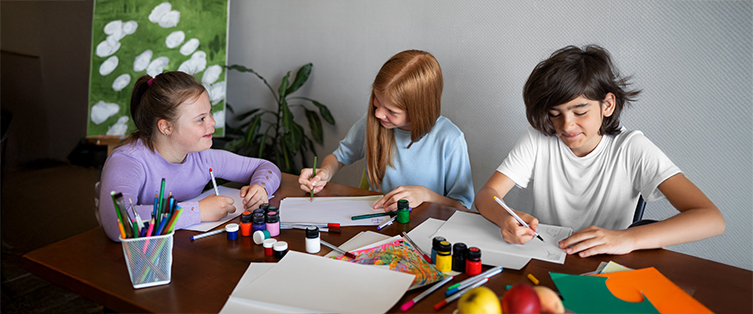
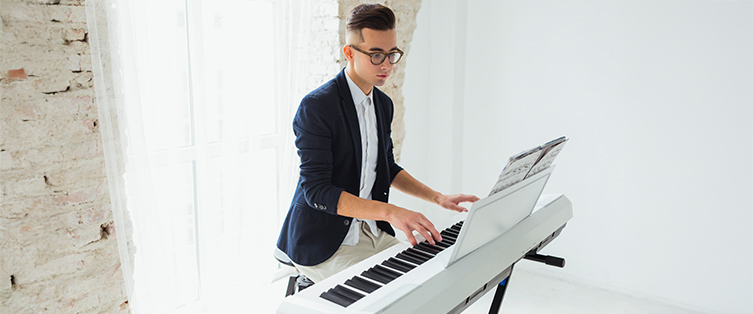
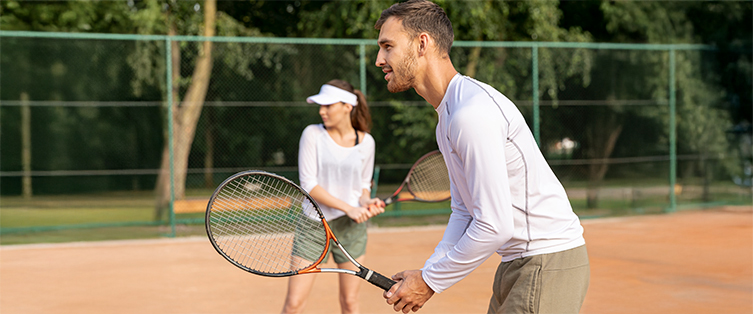
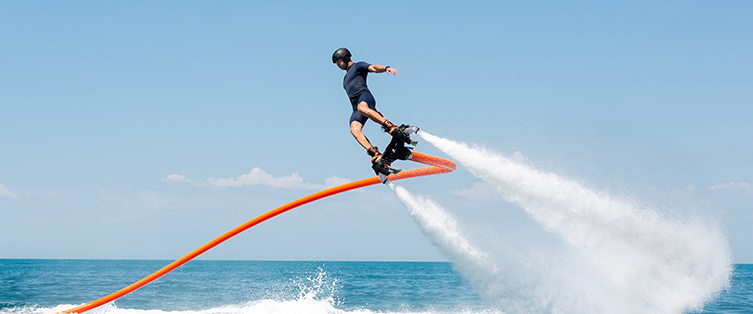
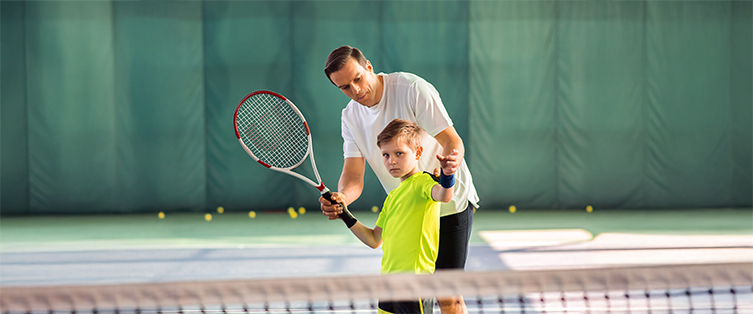
Leave a Reply